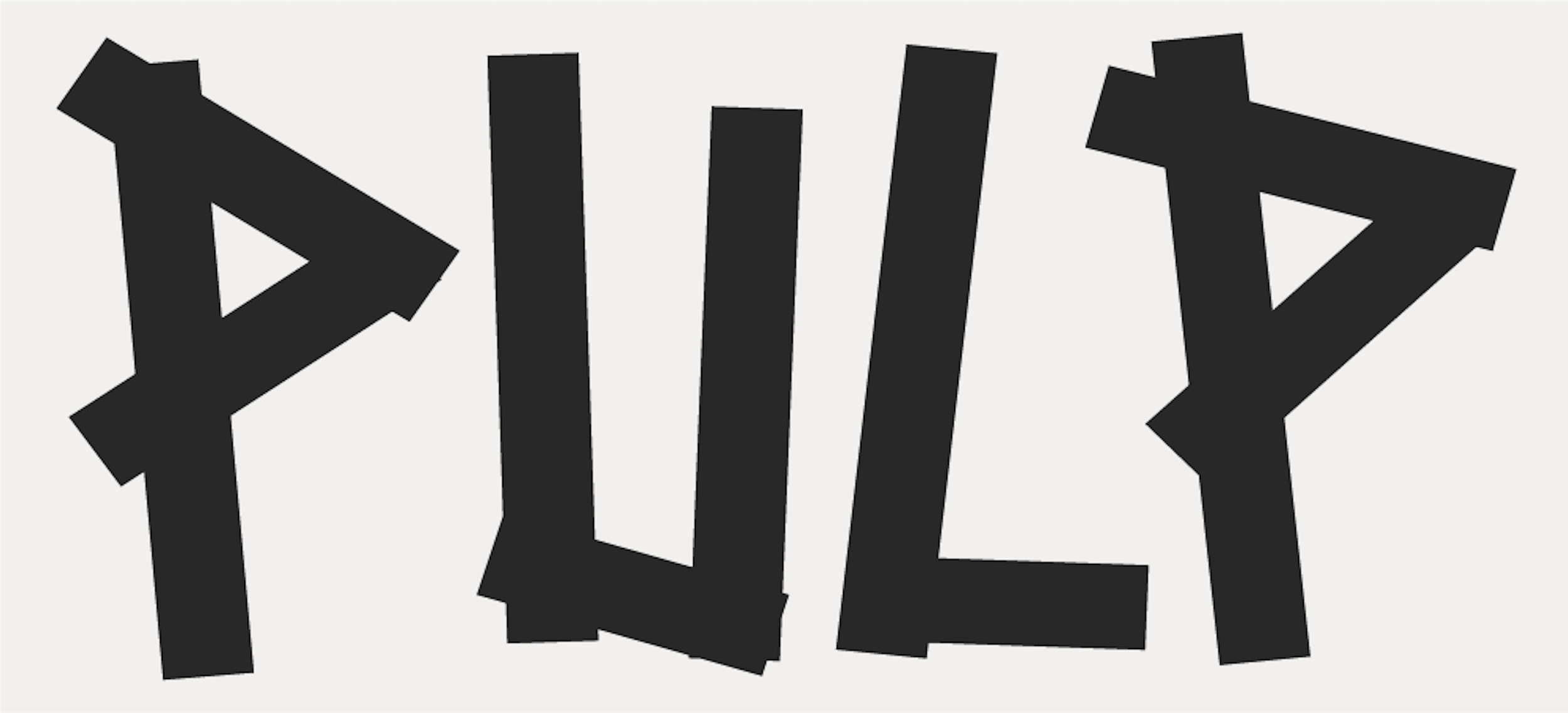Why we should give six-year-olds the vote
James Frederiksen wants to involve ankle-biters in the democratic process..
From ScoMo’s perpetually postponed vaccine rollout to the disgusting sexist parliamentary culture, it is difficult to point to a time when Australians had less faith in their democracy than right now. The decay of our political institutions has but one remedy: giving six-year-olds the right to vote.
When Cambridge Professor David Runciman first proposed this move as a way to address age bias, I thought it was a bad idea. Children are, to put it delicately, quite unspectacular. As drones through which parents can live vicariously, they are fairly effective, but as functioning human beings they leave a lot to be desired. Clearly, enfranchising a population that eats Play-Doh is not conducive to a healthy democracy, and this is the end of the discussion…unless?
Don’t be ridiculous, children obviously lack the mental capacity required to vote.
In Jean Piaget’s Theory of Cognitive Development, a six-year-old falls into the preoperational stage, where they tend to act egocentrically and still think primarily in very concrete terms. I would add to this that they also tend to lose control of their bowels, but this appears less in the academic literature. However, as any former Engadine Maccas employee may tell you, if lacking empathy and public defecation are barriers to voter eligibility, we might have to remove our current Prime Minister from the electoral roll. Piaget’s theory has been criticised because classifying people into developmental stages is too simplistic – some kids learn empathy at a younger age than their peers, while others enter politics. The only skill you really need to vote is the ability to draw a number in a box, and most kindergarteners can do that.
Well what about which box they put the number in? Kids are far too impressionable to vote for anyone other than who their parents tell them to.
Rupert Murdoch, a man described by Kevin Rudd as a “cancer on democracy” controls roughly half of our newspapers, and exposés like “The Social Dilemma” have revealed the influence social media has on our behaviour. I don’t know if I can trust little Johnny’s father to be a good role model, but I doubt he could be worse than some of the ‘conservative columnists’ getting paid to publish xenophobic misinformation on a weekly basis. I won’t pretend to have rigorously verified all of my opinions either, but I hope you can trust me to seriously consider them when casting my vote.
Perhaps you can be trusted, but you can’t possibly trust children to understand the consequences of their actions?
In 2019, the Australian public elected a government that would go on to be denied a speaking slot at a global climate summit because of their regressive stance towards climate change. Even when this inevitable environmental apocalypse showed up on our doorstep, our PM had to be chastised into action. Everybody, including the Prime Minister, is allowed to have a holiday sometimes, but Scott Morrison’s 2020 sabbatical was a perfect example of acting before thinking.
The knowledge that six-year-olds are as qualified to pick a politician as they are to pick a nose might be confronting, but don’t be dismayed. I for one look forward to a world where economic, climate and nap-time policies receive equal consideration.
